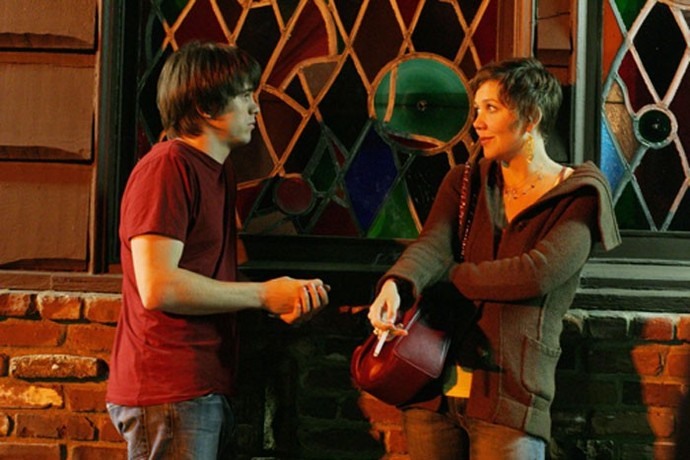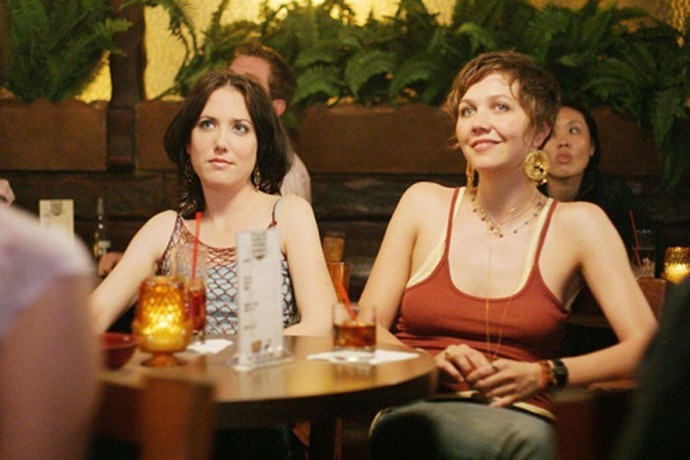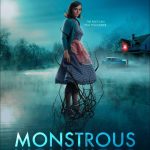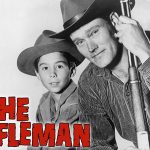Happy Endings (2005)

“Happy Endings” (2005) is a comedy-drama film directed and written by Don Roos. The film stands out for its unique narrative style and its ability to explore complex themes with humor and wit. Featuring a talented ensemble cast, including Tom Arnold, Jesse Bradford, Bobby Cannavale, Steve Coogan, Laura Dern, Maggie Gyllenhaal, Lisa Kudrow, and Jason Ritter, it captures the intricacies of human relationships, identity, and love in a world where happy endings are elusive.
The plot of “Happy Endings” revolves around multiple interconnected stories that explore different facets of life. At the heart of the film is the question of what it means to find happiness. Each character has their own personal struggle, whether it’s about coming to terms with their sexuality, navigating complicated family dynamics, or seeking meaningful connections with others. The film’s narrative structure is non-linear, jumping between characters and their stories, which keeps the audience engaged and constantly discovering new dimensions of the plot.
One of the most compelling aspects of the film is its exploration of love and relationships. The characters in “Happy Endings” face varying challenges in their romantic and familial lives. For example, Maggie Gyllenhaal’s character struggles with the tension between her desires and her family’s expectations, while Jesse Bradford’s character embarks on a journey of self-discovery as he confronts his relationship with his father. Through these narratives, the film presents a mix of humor and poignancy, shedding light on the ways people navigate complex emotions and connections.

The performances by the cast contribute greatly to the film’s success. Tom Arnold, Jesse Bradford, and Bobby Cannavale bring their characters to life with sincerity and charm, capturing the essence of each individual’s journey. Lisa Kudrow and Laura Dern also provide standout performances, offering depth and nuance to their respective roles. The ensemble cast’s chemistry is evident throughout the film, making it easy for the audience to become emotionally invested in each character’s story.

Despite its comedic elements, “Happy Endings” does not shy away from addressing deeper, often difficult topics such as identity, sexual orientation, and family expectations. The film challenges the conventional idea of a “happy ending” by showing that happiness is often more complicated and unpredictable than society leads us to believe. It invites the audience to reflect on their own lives and consider the ways in which their relationships shape their personal narratives.

In conclusion, “Happy Endings” is a film that blends humor with poignant insights into the human condition. Don Roos’ direction and screenplay create a compelling exploration of love, identity, and personal growth. With an outstanding cast and a unique narrative structure, the film is both entertaining and thought-provoking. While it may not offer traditional happy endings, it encourages viewers to embrace the messiness of life and find joy in the journey rather than the destination.











